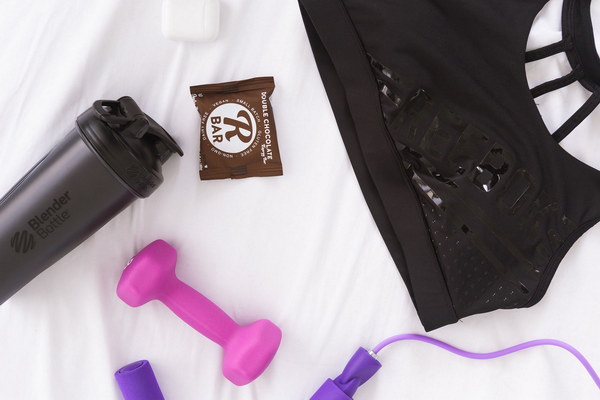Breath Easy to Sleep Soundly Top LungCare Techniques for Better Sleep
Breath Easy to Sleep Soundly: Top Lung-Care Techniques for Better Sleep
In the hustle and bustle of modern life, finding a good night’s sleep can feel like a luxury. Many of us struggle with sleep issues, often turning to prescription medications for relief. However, did you know that focusing on lung health could be the key to a more restful night? Here are some effective lung-care techniques that can help you sleep better.
1. Practice Deep Breathing Exercises
Deep breathing exercises, such as pranayama or diaphragmatic breathing, are well-known for their calming effects on the mind and body. By focusing on slow, deep breaths, you can increase the oxygen flow to your lungs and relax your muscles, which can help you fall asleep more easily.
To practice diaphragmatic breathing, sit or lie down in a comfortable position. Place one hand on your chest and the other on your abdomen. Inhale slowly through your nose, allowing your abdomen to rise while your chest remains still. Hold your breath for a few seconds, then exhale slowly through your mouth, pressing gently on your abdomen to expel the air.
2. Incorporate Mindfulness into Your Routine
Mindfulness meditation can help calm the mind and reduce stress, which is often a significant factor in sleep disturbances. By focusing on the present moment and letting go of worries, you can create a more peaceful environment for sleep.
Start with just a few minutes each day, focusing on your breath or a simple mantra. As you become more comfortable with the practice, you can extend your meditation sessions to help you relax before bed.
3. Improve Your Sleep Environment
Your sleep environment can have a significant impact on the quality of your sleep. Make sure your bedroom is conducive to relaxation by keeping it cool, dark, and quiet. Consider using blackout curtains, earplugs, or a white noise machine to help block out external disturbances.
Invest in a comfortable mattress and pillows that support your body and promote proper alignment. A good night’s sleep starts with a comfortable sleep environment.
4. Stay Hydrated
Proper hydration is essential for lung health and overall well-being. Drinking plenty of water throughout the day can help keep your respiratory system functioning optimally, making it easier to breathe and sleep soundly.
Avoid drinking large amounts of fluids before bedtime, as this can lead to frequent waking for bathroom trips. Aim to drink water consistently throughout the day and limit fluids two to three hours before bedtime.
5. Exercise Regularly
Regular exercise can improve lung function and reduce stress, both of which are important for better sleep. Find an activity you enjoy, whether it’s walking, cycling, swimming, or yoga, and aim for at least 30 minutes of moderate exercise most days of the week.

Exercising in the morning or evening can help regulate your body’s internal clock and improve your sleep quality.
6. Avoid Smoking and Reduce Exposure to Pollutants
Smoking and exposure to air pollutants can significantly damage your lungs and negatively impact your sleep. If you smoke, consider quitting to improve your lung health and sleep quality. If you live in an area with high levels of air pollution, try to minimize your exposure by staying indoors on high-pollution days and using air purifiers in your home.
Conclusion
By focusing on lung care and incorporating these techniques into your daily routine, you can improve your sleep quality and overall well-being. Remember that everyone’s body is different, so it may take some time to find the right combination of techniques that work best for you. With patience and persistence, you can breathe your way to a more restful night.









